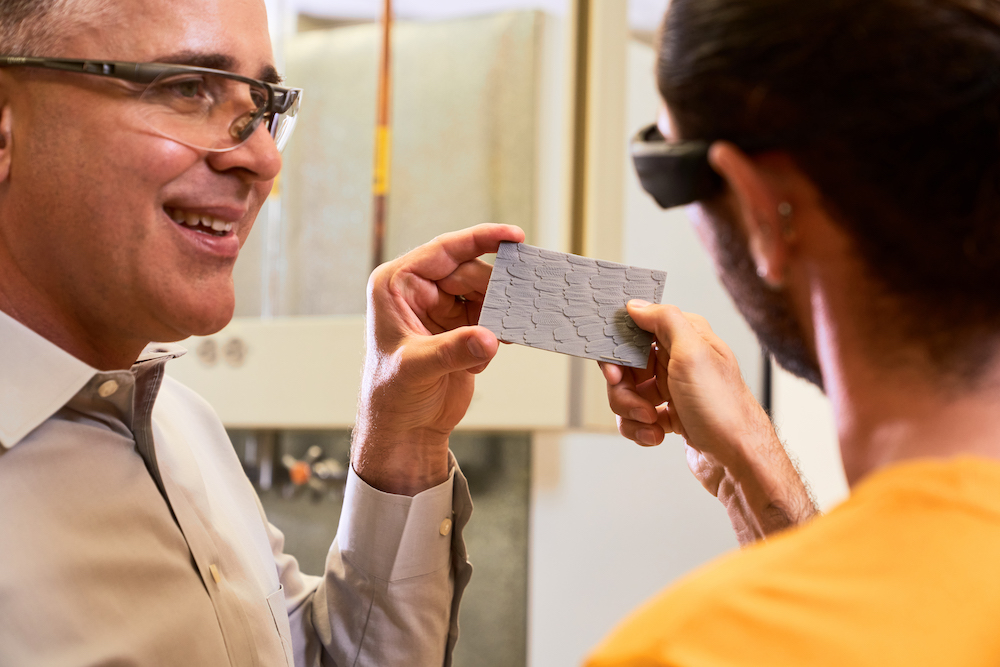A simple card-sized lithophane unlocks the world of science to the visually impaired.
Bryan Shaw, professor of chemistry, has built a scholarly career studying ALS. But when a rare pediatric cancer threated the life and sight of Noah, his then-infant son, Shaw knew his calling had expanded. In 2022, his work on lithophanes was funded by the NIH and featured in Science Advances. The blind and visually impaired are often excluded from science education and science laboratories, but that is changing thanks to Shaw and his partners, who envision a world in which every child with an interest in science finds an open door.
“For me, it’s about human flourishing. It’s about making labs accessible to everyone," Shaw says. "When I think about my son or other children with disabilities, what they do in their 30s and 40s depends on what we do for them now. And many scientists are too busy for that. But at Baylor, it’s not that way. There’s an ethos here.”
Learn More about Bryan Shaw's Research
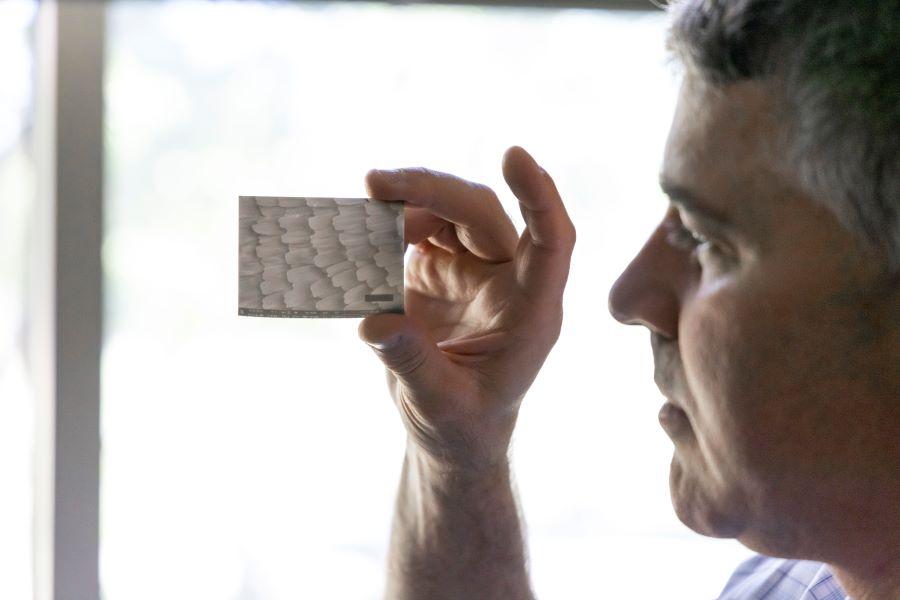
Science Advances cover story highlights how chemistry professor Bryan F. Shaw, Ph.D., and team of researchers are advancing efforts to make science accessible to individuals with blindness or low vision
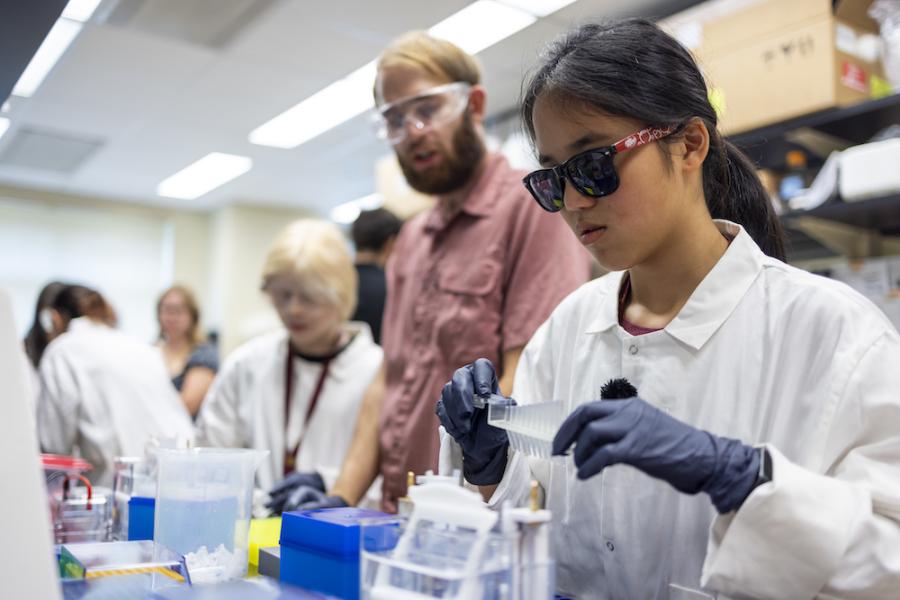
“The lab is the final frontier of learning,” Bryan Shaw, Professor of Chemistry, tells NBC. “So, if you don't make the lab accessible, you're not really making science accessible.”
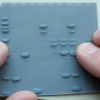
Scientists use old-fashioned art form and 3D printing to make major advance in eliminating exclusion of individuals with blindness or low vision from chemistry and other life sciences, published in Science Advances.
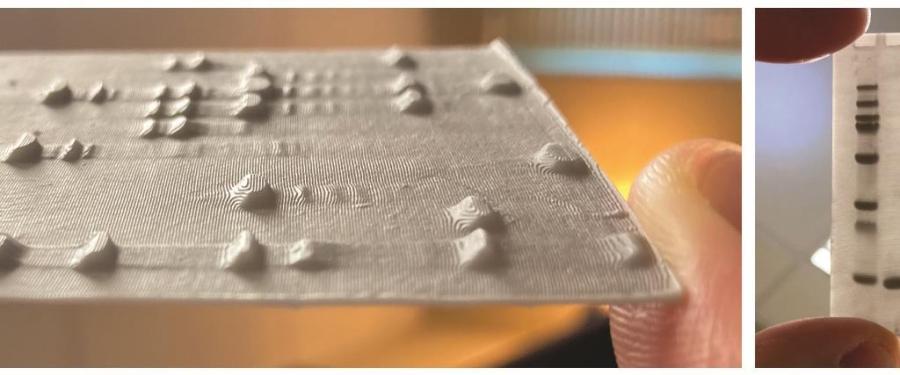
Here, Dr. Hoby Wedler visuales data using his sense of touch. Hoby was born blind and earned a Ph.D. in chemistry from the University of California Irvine. He is examining digital graphics that have been converted into tactile graphics called lithophanes.
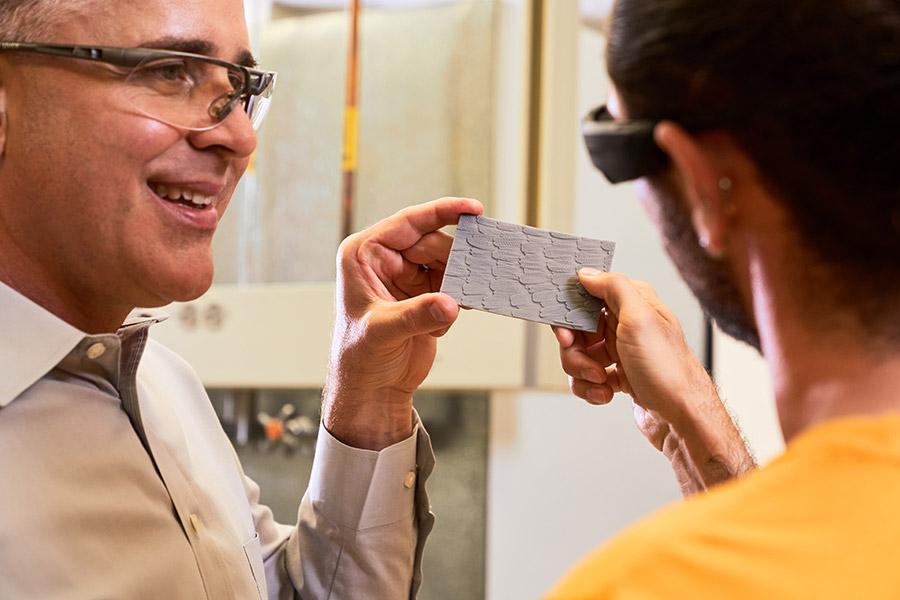
From the largest global study of its kind to personal interaction in churches, schools and laboratories, Baylor’s focus on human flourishing is demonstrating that at the intersection of STEM, social sciences and compassion, real change can take place.
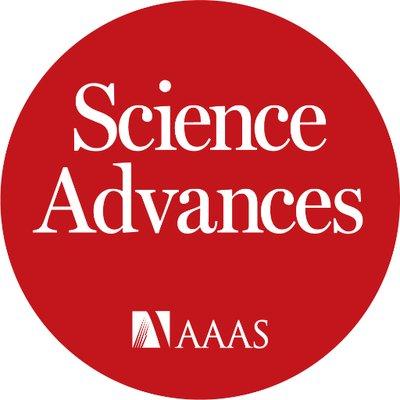
"Collaboration between diverse groups with different perspectives promotes scientific discovery. To enhance these partnerships and facilitate communication, innovative advances in universal design are essential," says Science Advances in an article featuring Shaw's research.
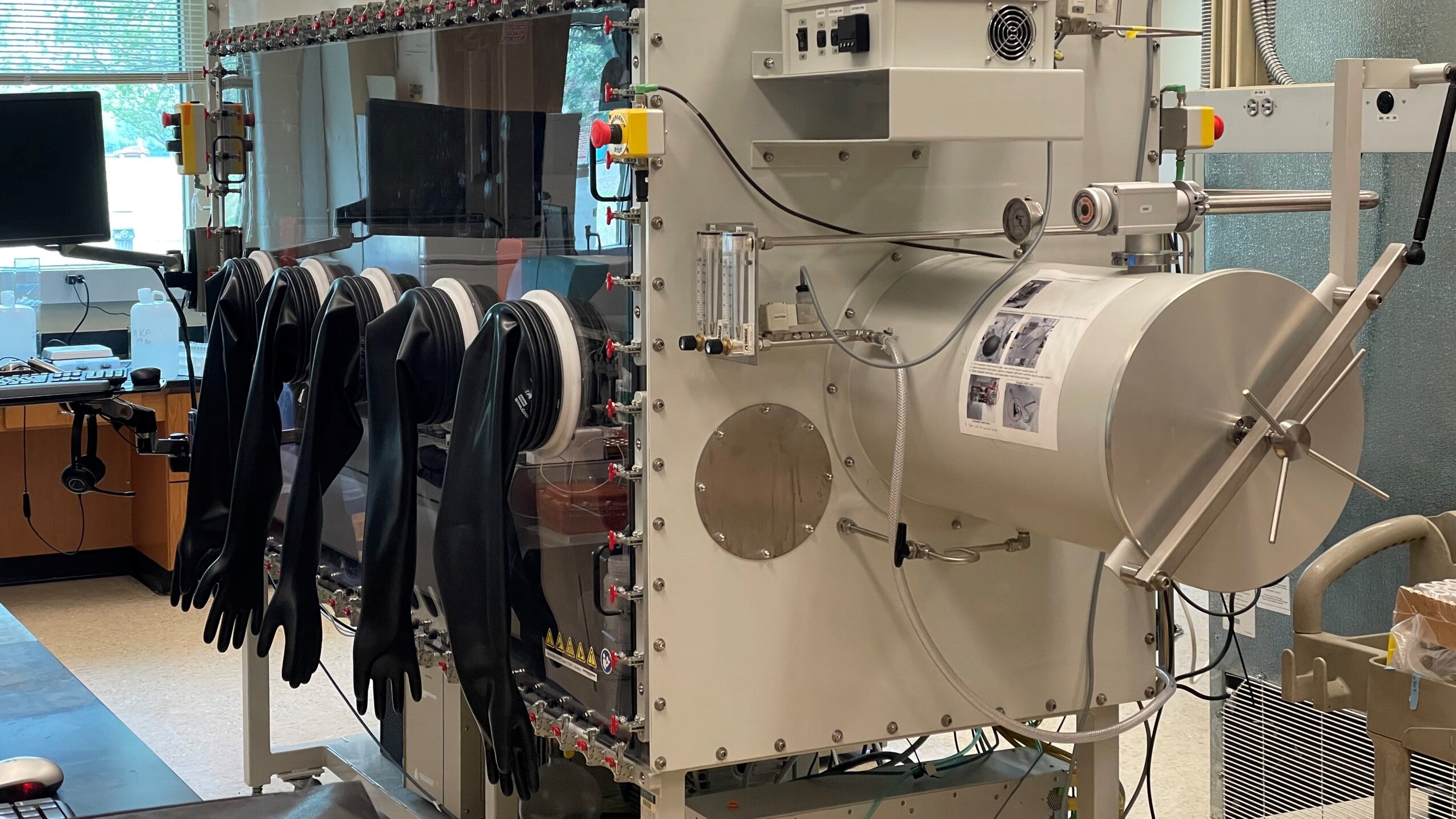
WACO, Texas (July 12, 2022) – Baylor University chemist Bryan Shaw, Ph.D., has been awarded a $1.3 million grant from the National Institutes of Health (NIH) to take dramatic steps to open chemistry classes and labs to students with blindness or low vision.
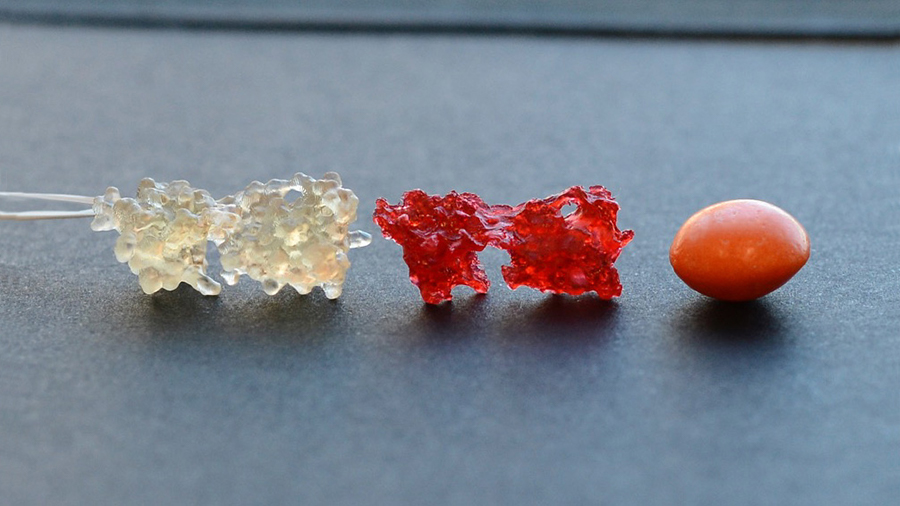
WACO, Texas (May 28, 2021) – About 36 million people have blindness including 1 million children. Additionally, 216 million people experience moderate to severe visual impairment. However, STEM (science, technology, engineering and math) education maintains a reliance on three-dimensional imagery for education. Most of this imagery is inaccessible to students with blindness. A breakthrough study by Bryan Shaw, Ph.D., professor of chemistry and biochemistry at Baylor University, aims to make science more accessible to people who are blind or visually impaired through small, candy-like models.
